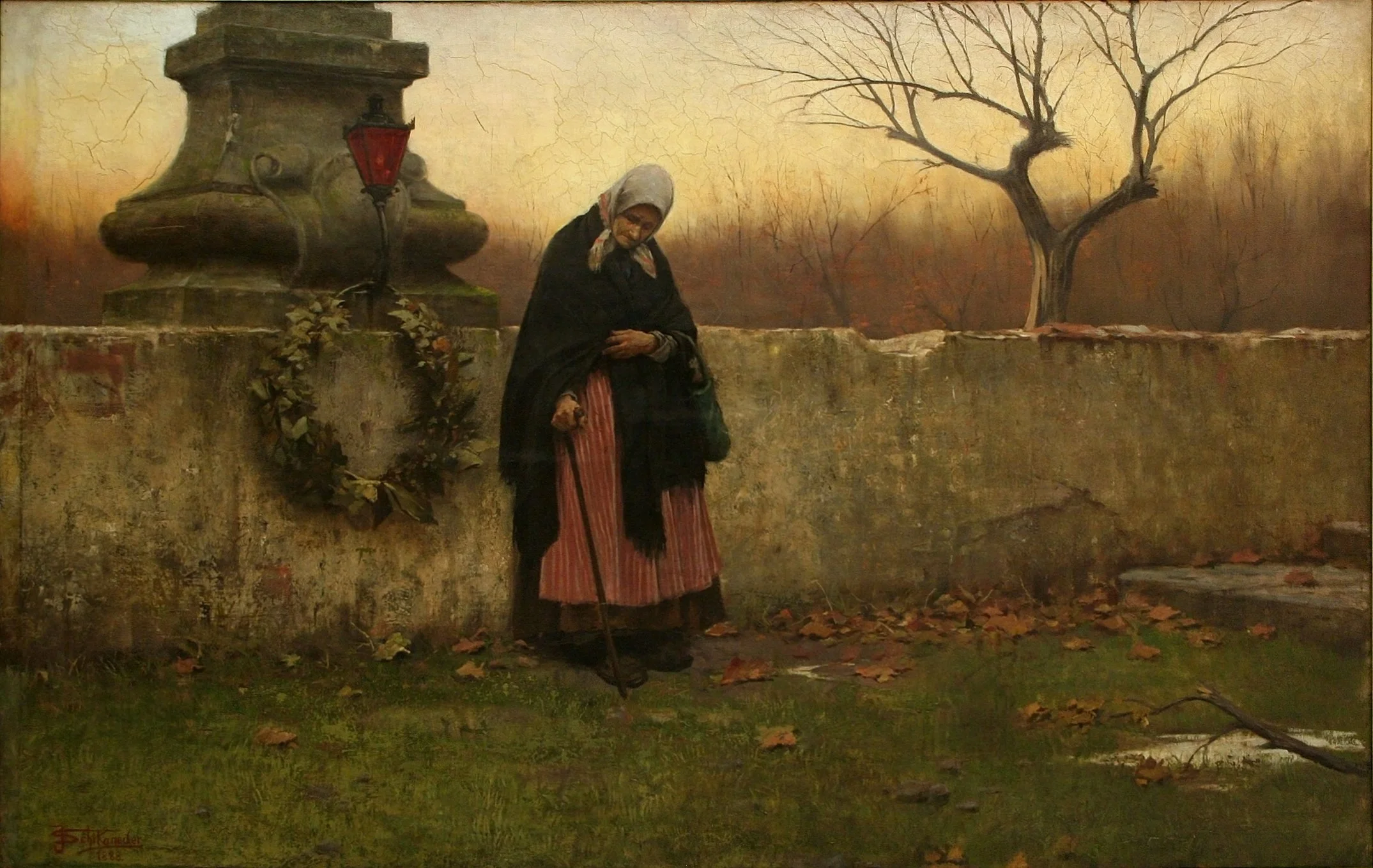Over the next week I will be posting portions of a teaching that I am giving on Christian Death and Burial. It os a much misunderstood subject. My hope is that this is helpful to all the Faithful.
INTRODUCTION
Recently I had someone very dear to me say, “I don’t want a funeral. I don’t want to make work for my family.” I have heard variations of this throughout my ministry. The person does not want “the fuss” of a funeral. Though well-intentioned, this is flatly, wrong. The problem is, it is the work, ritual and the “fuss” that helps us to grieve. All cultures going back to the stone-age have ceremony around death. To not is not only dishonoring to the deceased but is also an affront to God. Whether the deceased admits it or not, he or she is a person made in the image of God. A Christian is not merely created but redeemed by His most precious blood on the cross. Even Our Lord Jesus, who holds the keys to life engaged, mourned over the loss his friend Lazarus immediately before raising him from the dead! (Jn. 11:28, Lk. 7:12). The Church has seen the burial of the dead (Christian and non-Christian alike) as a “Corporal Act of Mercy” because of the dignity inherent in all human persons. Even if the deceased has no family or friend to mourn, he has the Church and a burial service.
Increasingly death, funerals, burials, and internments are misunderstood. Death has not changed, of course, but our response to it has. The Church has lost her voice resulting in less funerals; there is less time allocated for mourning; and a tendency to not want to disrupt life. One might expect this in the wider culture, but – alarmingly – this is also the case in the Church! It is problematic on theological and pastoral grounds. Shame on the Church for abdicating her role in shepherding the flock on this important issue to the point of not pointing those outside her number to the Resurrection. Where clergymen should take the lead, they follow in the wake of popular culture and funeral directors. My purpose in the following teaching is to give those entrusted to my care at St. Anselm some direction and is only in keeping with my duty.
It is part of the pastoral office duty to:
§ Teach the historic church’s doctrine on the subject of death
§ Address the discomfort with talking about death
§ Demonstrate to the faithful the Church’s response to death
§ Explain the connection between the Church’s ritual and belief
§ Urge the faithful to prepare for death
PERSONALIZED MOURNING - A WIDER PROBLEM
Much like the rest of American life ever-enamored with self-expression, Christian burial has become highly individualized – solely about the deceased. I call this the “have it your way” (from the old Burger King commercials) phenomenon. The logic goes like this, “Grandma wanted “Send in the Clowns” (Sondheim 1973) played at her funeral because she liked that song and so we have to honor her wishes.” The pastor, not wanting to offend, allows this song and from there the rest of the funeral goes off of the rails. (A true story by the way.) When this happens, the response of the Church to death becomes dictated by the untaught, and un-discipled deceased parishioner and her family as a secular song replaces a hymn or anthem.
Much repeated over the years (and not corrected) this has altered the Church’s teaching in her members’ minds and led to a sentimental gnostic malformation of the Christian doctrine of death, burial and the General Resurrection. This poor theology has, in turn, led to poor pastoring of Christ’s flock, which in turn then reinforces bad theology. The cycle goes on and on until the purpose of the funeral is utterly lost. This is where we are today. If the deceased parishioner no longer wants a funeral because of “the fuss” or “doesn’t want people to be sad,” we no longer have a funeral! The fault hardly lies with the parishioner when the purpose has been so utterly wrecked. But with no funeral God is not glorified, and the family and congregation are robbed of a time to mourn. It even and denies the wider community the testament to Salvation and hope declared in the midst of death.
Funerals are not private affairs. No man is a rock or an island unto himself. Well-intentioned clergy, seeking to offer comfort and care, now find themselves in a difficult place. Do they insist on proper things in this difficult time or acquiesce to the wishes of the mourning family? I have found myself in this position. It is difficult and – sometimes seems callous – to correct those grieving. It is far better for the parishioner and his or her family to understand beforehand having been discipled in preparations for death and a Christian burial.
Next Installment Part II: Avoidance or Preparation?

